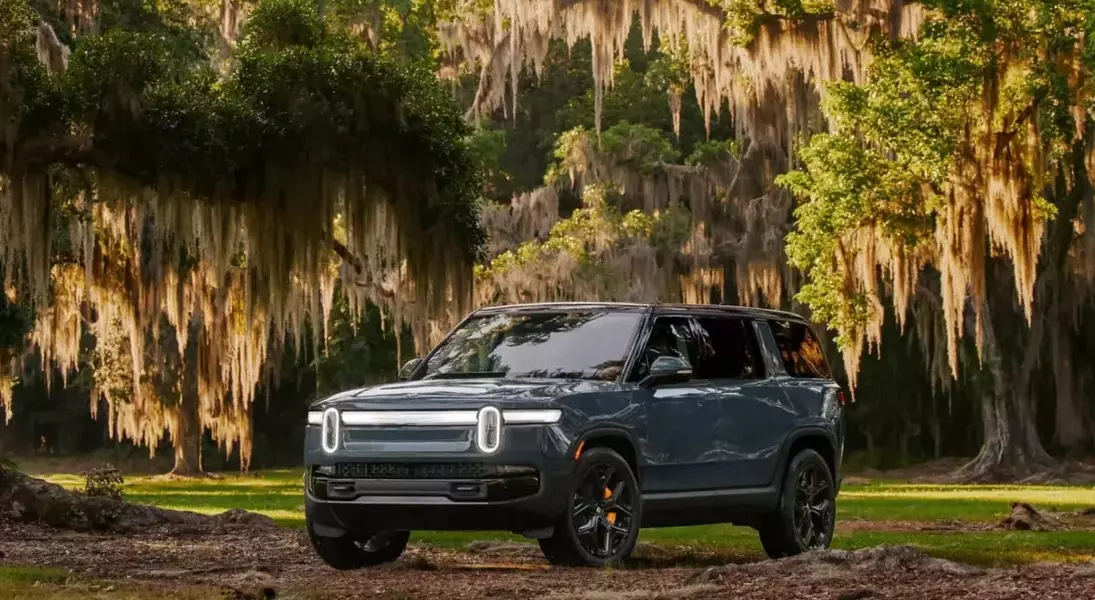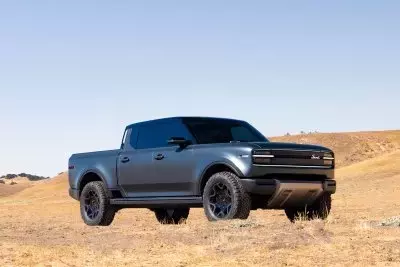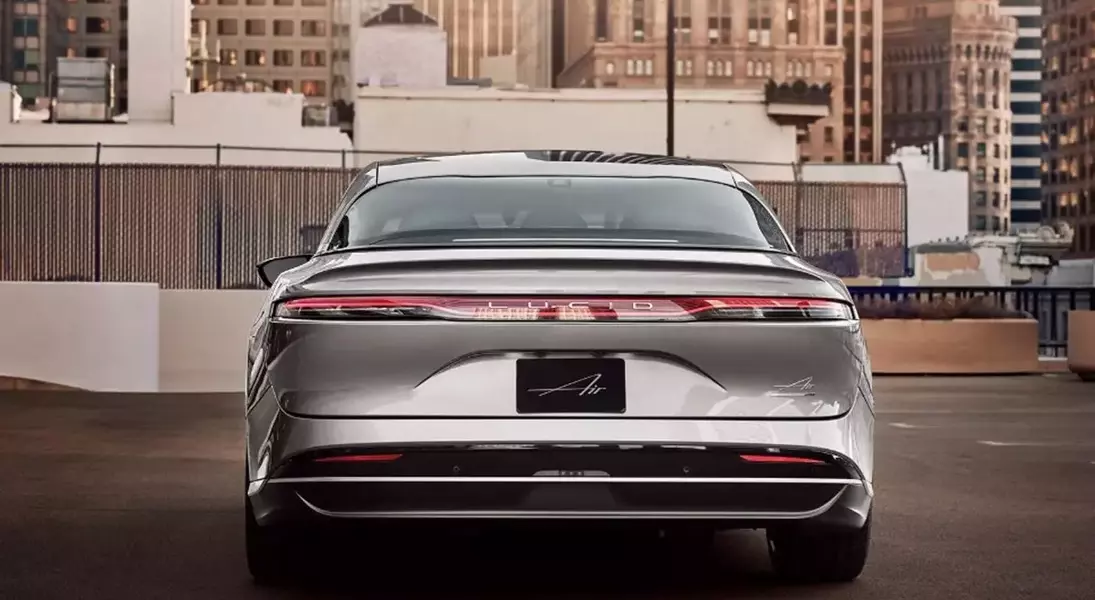The automotive industry in the United States has witnessed a remarkable resurgence in recent years, with a slew of new and relaunched American car brands emerging onto the scene. From the iconic DeLorean Motor Company to the cutting-edge Lucid Motors and Rivian, the American automotive landscape is undergoing a transformative shift, blending nostalgia with innovation. However, the true "Americanness" of these brands is often a subject of debate, as their ownership and financing structures can be more complex than meets the eye.
Reviving the American Automotive Dream
A Diverse Lineup of New American Brands
Over the past decade, a diverse array of new and relaunched American car brands have emerged, each with its own unique story and vision. Alongside the iconic DeLorean Motor Company, companies like Lucid Motors, Rivian, Czinger, Fisker, Bollinger Motors, Canoo, Faraday Future, Mullen Technologies, and Nikola Corporation have all staked their claim in the American automotive market. These brands are not only capturing the attention of enthusiasts but also challenging the traditional automotive landscape.Meyers Manx and the Scout Reborn
The resurgence of American automotive brands extends beyond just new players. Meyers Manx, a beloved off-road vehicle from the past, has been given new life after a buyout, and is now accepting reservations for its Manx 2.0 EV and Resorter NEV models. Similarly, the iconic Scout brand from International Harvester has been revived as Scout Motors, with the company set to introduce a new sport utility vehicle (SUV) and pickup truck.The Complexities of "American-Made"
While these brands may have their headquarters in the United States, the extent to which they can be considered truly "American" is often debatable. For instance, Scout Motors operates using Volkswagen Group financing, while Saudi Arabia's Public Investment Fund owns a significant stake in Lucid Motors. Faraday Future's ownership is divided among a diverse group of investors, including Vanguard Group Inc, BlackRock Inc, Bank of Montreal, and a host of others, including Fidelity Concord Street Trust, which is made up of 37 institutional owners and stakeholders. The company was also founded by Chinese businessman Jia Yueting.The Importance of American-Made Transparency
American-made transparency is a crucial factor for both automakers and car buyers. For automakers, being recognized on Cars.com's American-Made Index reflects their commitment to U.S. manufacturing, supporting local jobs, and contributing to the national economy. For consumers, this transparency helps them make informed decisions about the vehicles they purchase, with a growing number of buyers willing to pay more for vehicles that create more U.S. jobs.The Rise of Electric Vehicles and the Inflation Reduction Act
The automotive industry's shift towards electric vehicles (EVs) has also had a significant impact on the American-made landscape. EVs present an opportunity to bring more of the automaking process stateside, as batteries are heavy and complex, making it more practical to build them where the vehicles are sold. The Inflation Reduction Act, with its provisions for domestic production, is also expected to have a significant impact on the future of American-made vehicles, including EVs.The Evolving Landscape of American-Made Vehicles
The definition of an "American-made" vehicle is not as straightforward as it may seem. It goes beyond just the location of assembly, as the sourcing of materials and supplies plays a crucial role. This is particularly important for brands like Scout, as they work to market their vehicles to customers who may be eligible for federal or state government incentives for purchasing an electric vehicle.The Challenges and Uncertainties Ahead
The automotive industry is facing significant challenges and uncertainties as it navigates the evolving landscape of American-made vehicles. Factors such as battery sourcing, supply chain disruptions, and changing government policies can have a significant impact on pricing and the availability of incentives. Automakers must carefully plan their product offerings and manufacturing infrastructure to hedge against these uncertainties, which can ultimately drive up costs for consumers.




